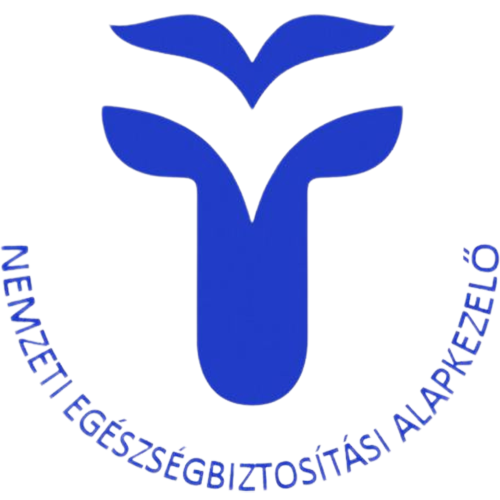New rules on cross-border (individual) tax exemptions for small enterprises from 1 January 2025
Under the EU-wide amendment1 of the special VAT scheme for…
We are proud of our ability to gain custom
through word of mouth and recommendations from our clients.
When you are taking the first steps to establish a formal organization, need help as an
entrepreneur or sole trader or looking for accountancy services, we can help you. We offer a
range of services that can help you to provide a flexible solution to meet your accountancy
needs, regardless how diverse your business is.
Our team of chartered accountants, payroll expert, lawyer and tax advisors, dedicated, international professionals wish to ensure that your business issues are accurate, reliable and timely information are obtained. We offer support for your business needs.


info [kukac] tax-band.hu


Expertise, reliability and personalised solutions – these are what make us stand out in the financial and legal services industry.

Responsible financial solutions.

Many years and a wide range of expertise in different industries.

Our work is based on precision and reliability.
ÁTLAGOSA Trustindex hitelesíti, hogy a vélemény eredeti forrása Google. A Trustindex hitelesíti, hogy a vélemény eredeti forrása Google. Teljeskörű szolgáltatásnyújtás, megbízható szakemberek.
Under the EU-wide amendment1 of the special VAT scheme for…
Hungarian citizens living in the United States or American citizens…
The advanced, two-step identification service, Ügyfélkapu+, is available from June…
As a trusted partner, we work closely with government and regulatory bodies to ensure our services are always compliant with current regulations.




©2025 Tax-Band Kft. All rights reserved.